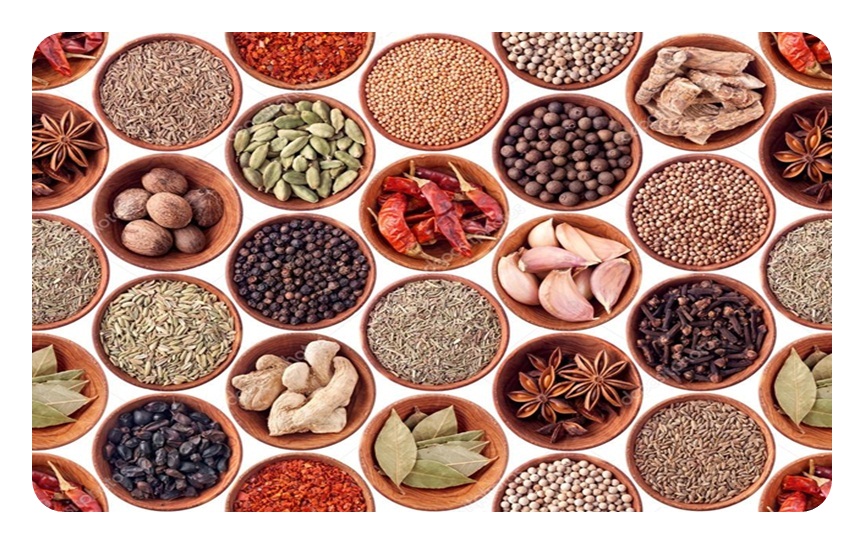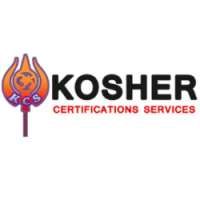Kosher Certification: A Guide to What It Is and Why It Matters

Strong 8k brings an ultra-HD IPTV experience to your living room and your pocket.
Kosher Certification is a label that many people notice on packaged food, yet not everyone understands its meaning or purpose. For some, it’s a religious requirement. For others, it’s a symbol of cleanliness, quality, and trust. In this blog, we’ll explore what kosher certification means, how it works, and why it’s relevant for both consumers and businesses today.
What Does "Kosher" Really Mean?
The word "kosher" comes from Hebrew and means “fit” or “proper.” In Jewish dietary law, it refers to food that is allowed to be eaten according to the Torah. These laws are known as kashrut and have been followed for thousands of years.
Not all foods are kosher. Certain animals like pigs and shellfish are forbidden. Animals that are allowed must be slaughtered in a specific, humane way. Even after slaughter, the meat must be properly salted to remove all blood. Additionally, kosher law prohibits the mixing of dairy and meat. You’ll often find completely separate utensils, cookware, and even kitchen areas in kosher households to ensure this rule is followed.
Understanding Kosher Certification
Kosher Certification is a process that verifies that a food product, ingredient, or facility complies with all the requirements of kosher law. This isn’t something that a company can claim on its own. Instead, an official kosher certification agency must inspect and approve the entire process.
When a product is certified kosher, it receives a symbol or logo on its packaging. These symbols differ depending on the agency but are generally recognized by kosher consumers around the world. Some well-known symbols include:
OU (Orthodox Union)
OK (Organized Kashrut Laboratories)
Star-K
Kof-K
These labels give buyers the confidence that the product meets strict kosher standards.
The Kosher Certification Process
1. Application and Initial Review
The process begins when a business applies for kosher certification. The application asks about ingredients, manufacturing procedures, cleaning methods, and equipment used.
2. Facility Inspection
Next, a trained kosher supervisor, called a mashgiach, visits the facility to inspect every detail. The goal is to ensure that the production process follows kosher rules from start to finish.
3. Ingredient Approval
Every ingredient must be verified. Even things like flavorings, enzymes, or preservatives are checked to make sure they are kosher.
4. Certification and Supervision
Once everything is approved, the company receives certification and is allowed to use the kosher symbol. However, the work doesn’t stop there. Ongoing supervision is required to make sure standards continue to be met. Surprise inspections may happen at any time.
Why Kosher Certification Matters
1. Religious Significance
For Jewish people who observe kosher laws, certified products are essential. Without certification, it’s difficult to know if a food item meets all the required rules.
2. Broader Market Appeal
Interestingly, kosher products aren’t only for religious consumers. Many people prefer kosher foods because they believe they are cleaner or safer. Those with allergies or dietary needs (like vegetarians and vegans) may also look for kosher labels to avoid hidden ingredients.
3. Business Growth and Exports
For manufacturers, Kosher Certification can be a smart move. It opens up access to new markets, especially in countries like the United States and Israel, where kosher-observant consumers form a large part of the market. It can also enhance a company’s reputation for quality and transparency.
A Trusted Symbol for Modern Consumers
Today, people want to know where their food comes from and how it’s made. Kosher Certification provides that assurance. It shows that a product has been thoroughly checked, from its ingredients to its preparation and packaging.
For consumers, it means trust. For businesses, it means opportunity. Whether driven by faith, health, or quality concerns, kosher certification continues to be an important mark in today’s global food industry.
Note: IndiBlogHub features both user-submitted and editorial content. We do not verify third-party contributions. Read our Disclaimer and Privacy Policyfor details.


